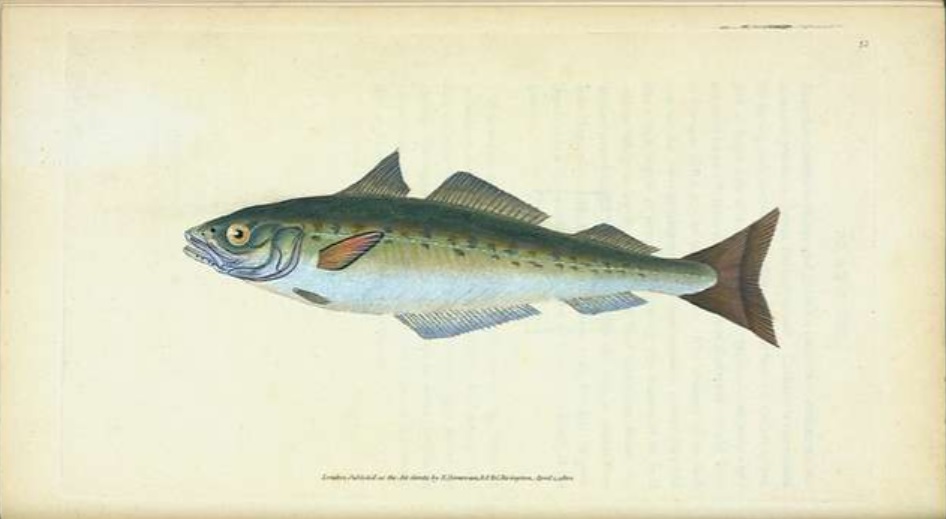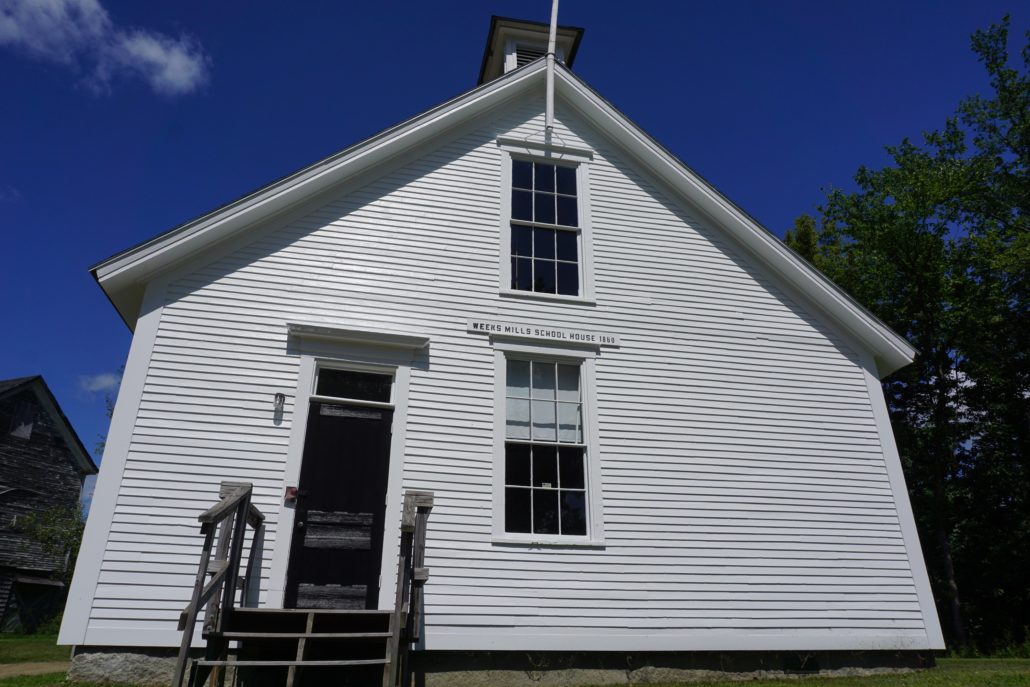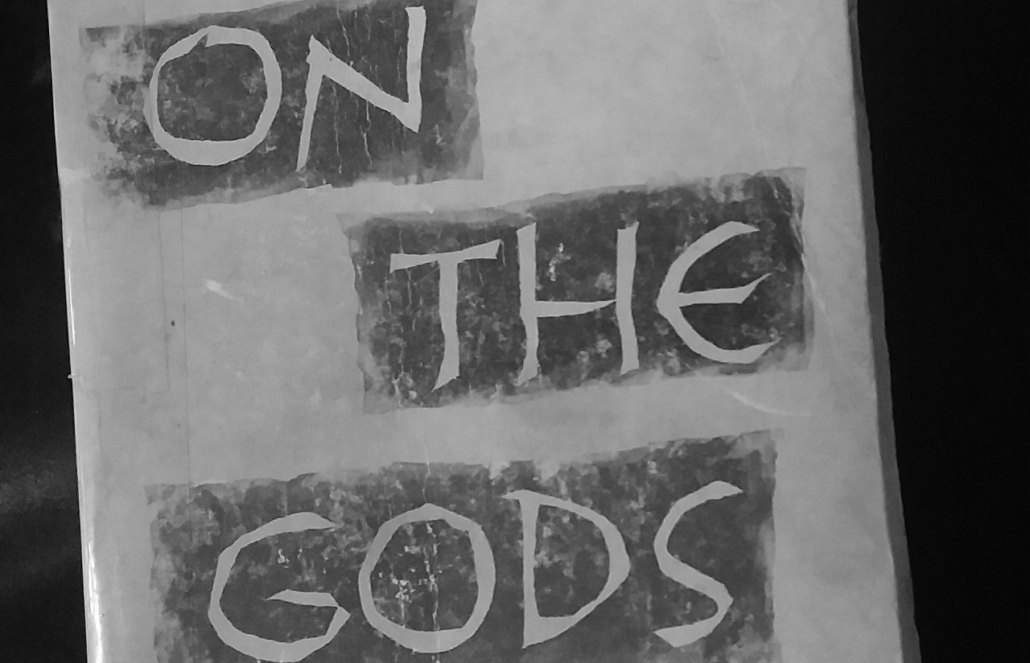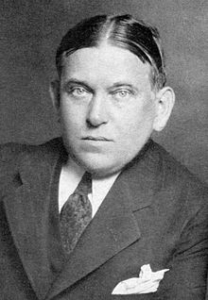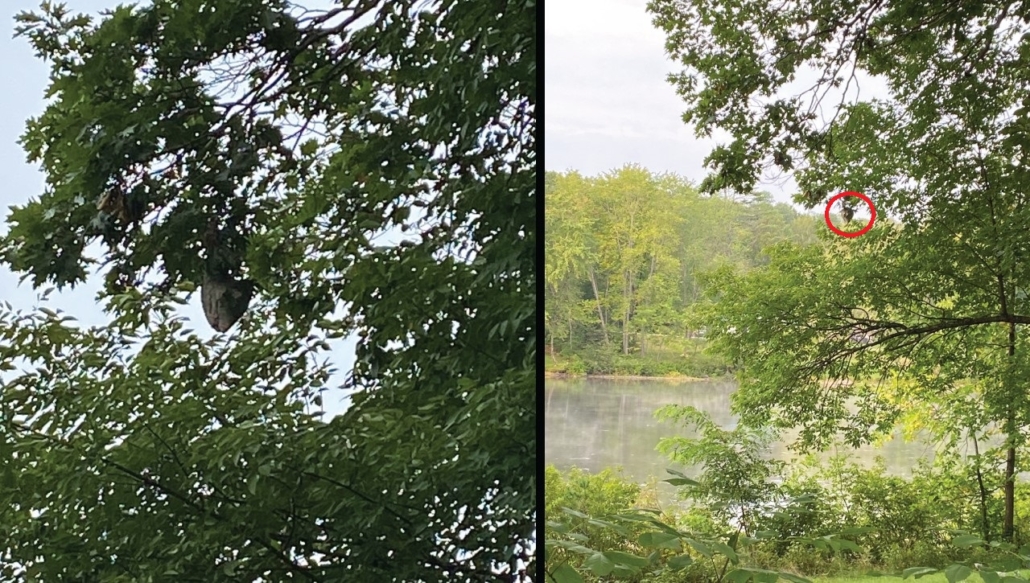I’M JUST CURIOUS: Hints for a better life
 by Debbie Walker
by Debbie Walker
There is so much nastiness and cruelty in the world today that whenever I see something promoting a more pleasant life, I want to use it. The writing I saw this week didn’t have a title or an author just hints to a better life.
1. Compliment three people every day. (I do enjoy complimenting people. I like seeing the look of surprise on their face and I know I added at least a couple of smiles for them. One smile when I complimented them and one, they will experience as they compliment another.)
2. Watch a sunrise at least once a year. (This one I don’t do so well at. I am better at sunsets.)
3. Be the first to say, “Hello”. (I have found people enjoy it when I greet them with a smile and “Good Morning”. The whole thing kind of catches folks off guard!)
4. Live beneath your means. (I do struggle with this one.)
5. Treat everyone like you want to be treated. (Some days this is a little easier said than done. But if we all continued to try wouldn’t this be so much more pleasant way to live.)
6. Never give up on anybody, miracles do happen. Another idea I discovered a long time ago is, “As Long as There is Breath There is Hope.”
7. Forget the Joneses. (If you don’t know who the Joneses are, ask someone older). Concentrate on you. Make your wishes simple, you don’t have to participate in the rat race.
8. Never deprive of someone of hope. It may be all they have.
9. Pray not for things, but for wisdom and courage
10.. Be tough-minded but tender hearted.
11. Don’t forget, a person’s greatest emotional need is to feel appreciated.
12. Keep your promise. Don’t make a promise if there is the slightest doubt.
13. Learn to show cheerfulness, even when you don’t feel like it. We always referred to “fake it till you make it.”
14. Remember that overnight success usually takes 15 years.
15. Leave everything better than you found it.
16. Remember that winners do what losers don’t want to do.
17. When you arrive at your job in the morning, let the first thing you say brighten everyone’s day.
18. Never waste an opportunity to tell someone you love them.
19. Watch a movie chosen by a new friend. It may not be a movie you would have chosen but, you may learn a lot with an open mind.
20. Stranger is just a friend you hadn’t met yet. That is what my grandfather always said.
Fall Bird Questions: from Farmer’s Almanac 2022:
1 No, birds do not become dependent on your feeders.
2 No, feeding birds in the fall will not stop them from migrating. Somewhere I read that red pepper flakes sprinkled in bird seed will keep the birds happy but really mess with the squirrel happiness.
3 Birds need water year-round.
4 Only 40 percent of birds are migrating birds.
I am just curious if you will find any of this helpful. Hope so. Contact me at DebbieWalker@townline.org. with questions or comments. Thanks for reading and have a great week.







